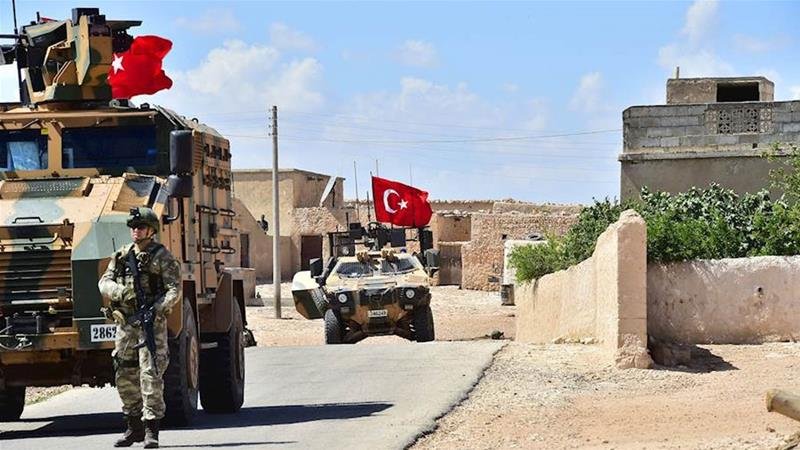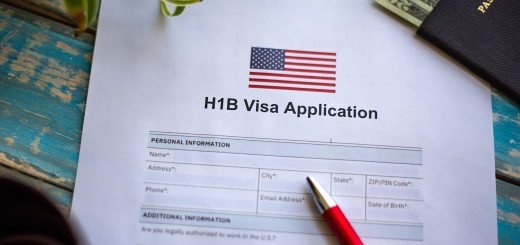What Turkey’s ‘Operation Peace Spring’ means for Syria?

On 5 September 2019, President Recep Tayyip Erdogan stated that a Turkish offensive in northeastern Syria could begin at any time. Ankara has been frustrated with the lack of progress in talks with the United States on setting up a safe zone to secure its border. Ankara also intends to re-settle their millions of Syrian refugees there. However, due to delay in having a deal, President Erdogan threatens unilateral action. There were already some reports of Turkish airstrikes on northern Iraqi supply lines into Syria and military buildup along the Turkish side of the border, suggesting Erdogan’s seriousness on the issue.
US President Donald Trump, in a telephonic conversation with Turkish President Recep Tayyip Erdogan, invited him to Washington next month to discuss the ongoing safe zone project. Later that night, in an abrupt foreign policy change, it was reported that the White House had given green light to another Turkish offensive in northern Syria and announced the withdrawal of its troops. However, it is not entirely accurate to categorize the move, as various outlets have done – Trump “endorsing” or “green lighting” a Turkish invasion. Rather, the US is leaving Ankara to establish a safe zone without expecting any kind of material support. This means Turkish operation is restricted to a limited area near the border.

The developments in Syria have been decried from several corners, including Europeans, Israelis, Egyptians and the Fellow Republicans in Washington disapproving the attacks. The US Congress is debating a package of substantial sanctions against Turkey over the invasion. Even Trump suggested through his tweets that he has not given Turkey free rein. Unsurprisingly, among the Arab countries, Qatar is the only country that has maintained its silence over Turkish invasion. Doha needs an alliance with Ankara for military purpose in the aftermath of its rift with the other Gulf countries in 2017.
One of the interesting developments around Turkey’s attack on Kurds in Syria has been that India condemned the invasion in northeast Syria. Since India rarely comments on the affairs in West Asia, many interpreted this move as New Delhi chiding Ankara for buying Pakistan rhetoric over its internal Kashmir issue. India abolished article 370, a special status for Jammu and Kashmir on 5 August 2019. Erdogan has been raising his concerns over the plight of Kashmiris in the valley. On the other hand, he justifies Turkey’s attempt to invade other country to fight what it describes as “terrorist”. Prime Minister Narendra Modi has signalled his disenchantment towards Ankara’s double standard in the recent UNGA meet where he sat down with the leaders of Greece, Armenia and Cyprus – the countries who have a hostile relationship with Turkey. India (The Hindustan Shipyard Limited) has also put on hold a project for a Turkish Defence company (M/s Anadolu Shipyard). According to the officials, “the contract for the 45,000-ton fleet support ships (FSS) for the Indian Navy with the Turkish Company could be delayed.” By doing so, India is trying to signal Turkey that it has no locus standi on Kashmir, and if it interferes in its internal matters, then New Delhi too would develop advantage against Ankara in the international forum.
Implications
For SDF, this is an unfavourable development as they have already weakened the military capabilities and are reciprocating to the US-Turkey joint safe zone. They called the move a “stab in the back” as they find themselves in imminent danger of an attack with no hope of the US protection. Therefore, it is inevitable that they will look for allies elsewhere. At this point, the only feasible actor the SDF can turn to is the Syrian government or the Russians. They had intermittent contact with Damascus over the past several months, but so far, its demand for regional autonomy is unacceptable to President Bashar al-Assad. While the details of their talks is limited, one thing is clear, the leaders of SDF saw this day coming, even if they chose to ignore Washington’s long history of using and abandoning Iraqi Kurds. In fact, Trump has already tried to abandon them in past. It is also hard to envision Washington backing the Kurds in a conflict against a NATO ally.

Nevertheless, the party that is going to lose the most in this new arrangement are residents of northeastern Syria. To understand the impact of a new Turkish invasion in eastern Syria, it is significant to recall – Turkish invasion in Afrin, which it now under control and where the Turks have been accused of ethnically cleansing the Kurds in order to resettle the Syrian refugees. Turks have returned some of its Syrian refugees back to their country, though certainly not to their former homes. Moreover, IS are also re-gaining power in Afrin. Probably the same faith awaits for northeastern territory. The SOHR have already estimated that nearly 60,000 people have been displaced due to Turkish invasion. This number is likely to increase in future. At least 23 SDF fighters were killed, though the Turkish military puts this figure at over 170. On the other side, the SDF reports of killing six Turks in artillery fire. At present, the Turkish forces and their Syrian rebels have encircled the border towns of Tel Abyad and Ras al-Ayn.
For most Arab residents in the neighbouring provinces like Raqqa, who have been largely affected by the SDF’s efforts at civilian administration, Turkey’s move comes as a relief. But it came with a price. They are about to be on the frontline of a new war which may have an unprecedented impact on them. They may also witness a possible resurgence of IS in that province. The SDF has tens and thousands of IS fighters, family members, and sympathizers in its custody at its al-Hol displaced persons camp. They are barely able to control them as it is, and it would be the height of folly for it to keep devoting resources to securing that camp when it is potentially facing a Turkish invasion. The US officials have made it clear that the responsibility and captivity of IS fighters will be Turkey’s burden. However, Ankara has never shown slightest interest in containing IS, rather has indirectly used IS against the Syrian Kurds whenever possible. This is because the Turks do not consider the level of threat Kurds pose to them as compared to IS.

For Turkey, this move could prove to be economic trouble from which it is trying to recover in the recent past. In August 2018, Trump contributed to the Lira’s crash by increasing tariffs on Turkish steel and aluminium imports. But in May 2019, the European Bank for Reconstruction and Development released an economic outlook in which it is reported that Ankara’s economy may see a gradual recovery of growth to around 2.5% in 2020. Under such a situation, any primary or secondary sanctions from the US may have dire consequences on the Turkish economy.
Conclusion
The key point of the latest developments in Syria reinforces the notion that ring-wing authoritarian leaders like Erdogan, Saudi Arabia Prince MBS, Netanyahu etc, can persuade Trump to act in their interest. For instance, last year, Trump announced US retreat from Syria. All it took is a phone call from the Erdogan for Trump to upend his administration’s policy on Damascus. Even if many have the same opinion with Trump’s decision on withdrawal, the manner in which he has led these decisions is nevertheless troubling.
At this moment, it is conceivable that an agreement between Damascus and SDF could come together. SDF cannot rely on Trump anymore; it needs an ally since Turkey has already begun its incursion. Reports indicated that SDF officials are already talking the feasibility of cutting a deal with Assad and his Russian patrons. In the meantime, the US State Department is trying to convince SDF leaders that it has not abandoned them. The official claim is based on Trump’s threat to “obliterate” the Turkish economy if they attack the Kurds, a threat that the Erdogan have already publicly blown off. Yet, the US insists that they see signs that Ankara is reconsidering its decision on carrying out a full-scale invasion on the Kurds.



















